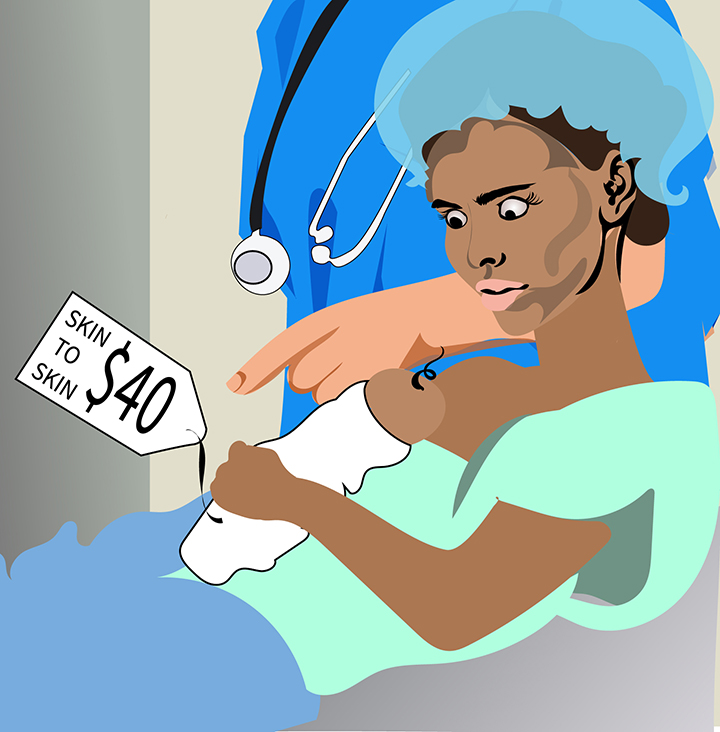America has a health care problem.
Because of the exorbitant cost, one in four Americans refuses to seek medical care, according to CNBC. A poll they conducted discovered about 44% of respondents did not purchase a necessary drug prescription because of the high price.
The U.S. is the richest country in the world according to The New York Times. Things should not be this way.
People’s reluctance to visit an emergency room cannot be blamed when the average price ranges from $150 to $3,000 depending on the situation, according to the financial advice site The Balance. Even the ambulance ride to the hospital can put a $1,000 hole in someone’s pocket.
There are numerous instances displaying America’s tendency to treat health as a business rather than a right. Take, for example, diabetes.
People with Type 1 diabetes require insuli ncial drain, it may seem as if a person with diabetes is being punished for something they cannot control. Vials of insulin can cost hundreds of dollars for a monthly supply, according to GoodRx.
A story from an endocrinologist published in The Washington Post pointed out the irony of high insulin prices since the original patent of the medicine was sold to the University of Toronto for a dollar to avoid monopolization.
The U.S. can afford to have universal health care.
Since 2003, it has annually spent over $600 billion on the military, according to Statista. That is a lot of money considering this spending comes from the same government refusing to pass Medicare for All without fear-mongering about how it will have to raise taxes.
Tax increases are usually one of the main counters when mentioning free health care, but in a piece from The New York Times, they identified over $300 billion in military spending that could be invested in health. From returning troops home to ending the development of unnecessary weapons, there are multiple areas where the multi-billion dollar fat could be trimmed.
But, as long as interest groups such as Blue Cross Blue Shield continue spending millions lobbying against health care reform, nothing will change.
It would be incorrect to say a hospital will refuse service to someone for lacking the necessary funds.
The Emergency Medical and Treatment Labor Act — passed in 1986 — prohibits emergency departments from denying a patient care due to lack of funds, according to the Centers for Medicare & Medicaid Services. Nonetheless, if someone does not pay their bills, they will be treated like a criminal. Their credit score will be shot, and a collections agency may form a lawsuit against the person.
The last thing someone needs after recovering from a hospital visit is a multi-thousand dollar bill in the mail. It is difficult to be optimistic about future changes to the health care system since the current way works in favor of the U.S.
Businesses do not close if they are making immense amounts of money.

